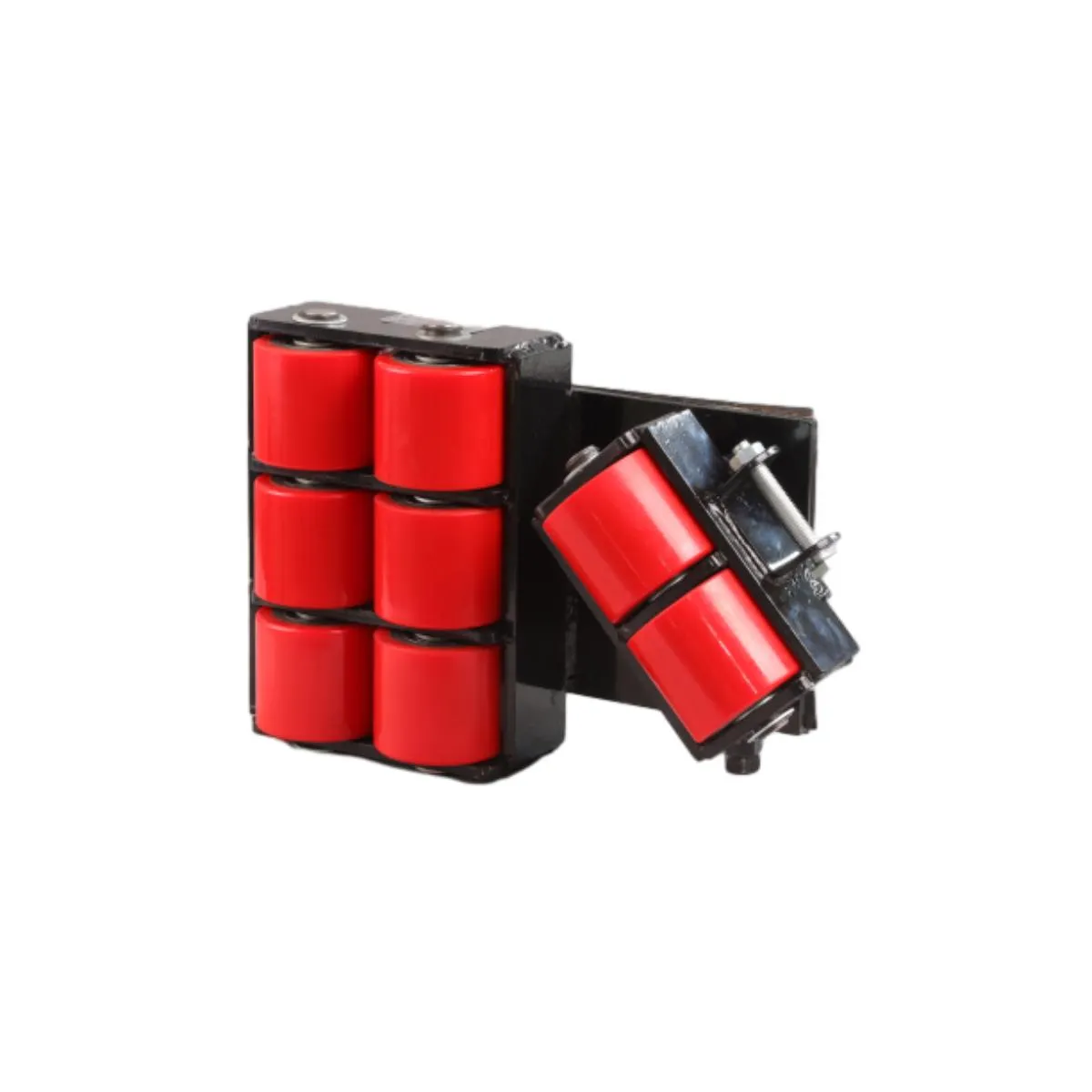roller machinery
Understanding Roller Machinery The Backbone of Modern Industries
Roller machinery refers to a broad range of machines that utilize rolling, pressing, and shaping techniques to transform raw materials into finished products. These machines are essential in various industries, including construction, manufacturing, and metalworking. Their applications range from creating structural components to processing metals and plastics. This article delves into the different types of roller machinery, their working principles, applications, and significance in the modern industrial landscape.
Types of Roller Machinery
1. Roll Forming Machines Roll forming is a continuous bending operation in which a long strip of metal is gradually deformed into the desired cross-section shape. These machines are widely used in manufacturing standardized profiles such as roofing sheets, purlins, and beams. The process is efficient and economical, as it allows for the mass production of components with high precision.
2. Plate Rolling Machines Plate rolling machines are designed for bending and shaping large plates of metal into cylindrical forms. These machines are vital in industries that produce tanks, boilers, and other round components. The primary action involves feeding the plate into the machine, where three rolls exert pressure to bend the material into the desired radius.
3. Forging Machines Forging machines use compressive forces to shape heated metal. This process increases the strength and structural integrity of the material. Forged components, such as cranks and gears, are critical in automotive and aerospace applications. The efficiency of forging machines has improved significantly, allowing for quicker production times and enhanced quality control.
4. Rolling Mills Rolling mills are used to process metal by passing it through rolls. This process reduces the metal's thickness and improves its mechanical properties. There are hot rolling and cold rolling processes, each suited for different applications. Hot rolling is typically used for shaping large sections of steel, while cold rolling is favored for producing thin sheets and strips with superior surface finishes.
5. Compactors and Rollers In the construction industry, rollers and compactors are used to compress soil, asphalt, and other materials to create a stable foundation for roads, buildings, and other infrastructure. Their ability to uniformly compact materials is crucial for ensuring the longevity and safety of construction projects.
roller machinery

Working Principles of Roller Machinery
The fundamental principles behind roller machinery revolve around the carefully controlled application of force and pressure
. The machines are equipped with powerful motors that drive the rolls, which can be adjusted to apply varying degrees of pressure based on the material being processed. The synchronization of the rolls is critical; even the slightest inconsistency can lead to defects in the final product.Additionally, advanced technologies such as computer numerical control (CNC) have transformed the operation of roller machinery. CNC technology enhances the precision of the machining process, allowing for complex shapes and profiles to be created with minimal operator intervention.
Applications in Industries
The versatility of roller machinery makes it indispensable across numerous sectors
- Construction Roller machinery is used in shaping materials for building infrastructure, from bridges to high-rise buildings. - Automotive Forging and rolling mills produce critical components that ensure the efficiency and safety of vehicles. - Manufacturing Roll forming and plate rolling are essential for producing everything from appliances to industrial equipment. - Aerospace High-strength, lightweight components created by forging and rolling processes are crucial for the structural integrity of aircraft.
Conclusion
In summary, roller machinery forms the backbone of many industrial processes, enabling the efficient and precise transformation of raw materials into critical components used in everyday products. The evolution of technology in this field has led to enhanced production capabilities, improved quality, and reduced operational costs. As industries continue to advance, the importance of roller machinery will only grow, reinforcing its role as a cornerstone of modern manufacturing processes. Understanding these machines and their applications is essential for anyone involved in industrial production and engineering.
-
Portable 2000 lb Gantry Crane | Heavy-Duty & AdjustableNewsAug.30,2025
-
Versatile Lifting Solutions with Gantry and Overhead CranesNewsAug.29,2025
-
The Versatile Mobile Gantry Crane SolutionNewsAug.29,2025
-
Reliable Movement with Heavy Machinery Skates and RollersNewsAug.29,2025
-
Reliable Lifting Performance with 2000 lb Gantry Crane and 2 Ton Overhead SystemsNewsAug.29,2025
-
Maximize Lifting Efficiency with PML Magnetic LiftersNewsAug.29,2025
-
Efficient Relocation Starts with Reliable Machinery MoversNewsAug.29,2025
